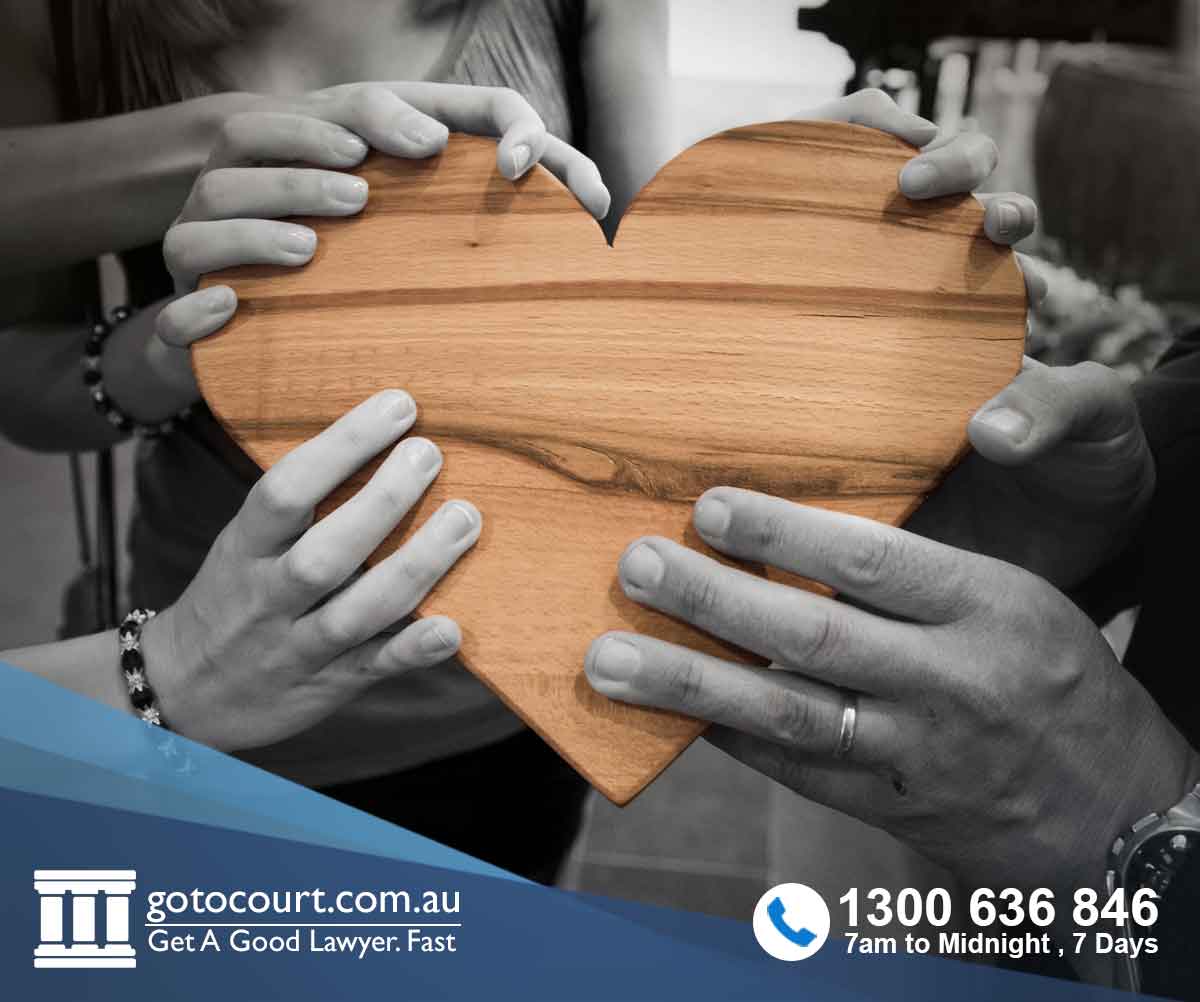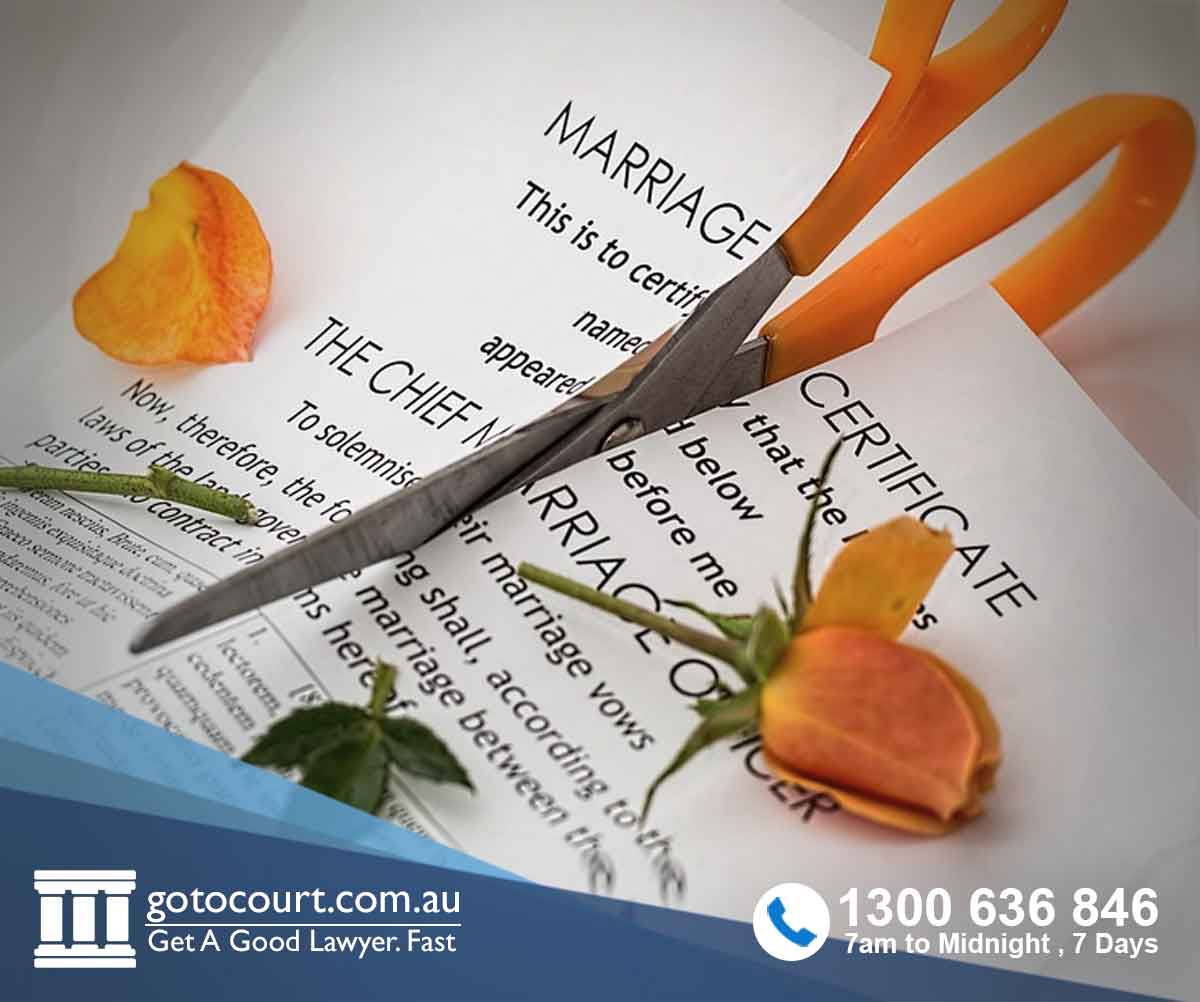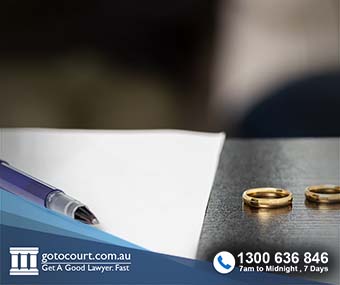Call our lawyers
now
or,
have our lawyers
call you
Reproductive Technology and Separation
Updated on Jan 04, 2023 • 3 min read • 578 views • Copy Link
Reproductive Technology and Separation
Many couples each year seek services of assisted reproductive technology in the hope of having a child. One in six Australian couples suffer from fertility problems and around one in 25 Australian births are a result of in vitro fertilisation (IVF). As part of the IVF process, embryos may be created, frozen and stored ready to use by couples at a later point in time. Sometimes a couple separates while there are embryos still in storage ready to use. This article examines how the family law courts deal with that situation.
Who regulates IVF practices?
While legislation governing the use and creation of embryos varies between different states, the National Assisted Reproductive Technology guidelines provide for how IVF practices should be conducted ethically. Typically, upon agreeing to provide services involving reproductive technology, a clinic will enter into an agreement with the parties which requires all parties to give their consent as to what will happen in various circumstances including the breakdown of the relationship, the existence of leftover embryos after the completion of the family and the death of one party dies before the embryos have been used. The terms of these agreements will generally be upheld by the court unless there is a compelling argument made as to why they should not be.
Case law
The most notable court decision on this issue so far is the 2007 Family Court of Western Australia decision of G and G. In that case, six embryos were created with the use of a sperm donor. The embryos were then frozen and stored for use during a relationship between two women.
At the end of the relationship the women sought to have the embryos destroyed. The man wanted them transferred into his custody to be used by another infertile couple.
The consent signed at the beginning of the fertility treatment stated that the embryos would be destroyed in case of the relationship breaking down. The court upheld the consent signed by the parties and stated that the embryos should be discarded in accordance with the consent signed.
The Judge found that:
“…the embryos were created for a purpose to enable [Mrs G] to fall pregnant at a later date…The embryos should be allowed to succumb as the parties have now separated and can no longer achieve the purpose for which they consented to create and use the embryos.”
Based on this case it appears that the consent signed at the beginning of the procedure is crucial to determining how such a dispute will be resolved following the breakdown of a relationship. However, fast-moving developments in reproductive technology are likely to lead challenges to this decision and to the development of a large body of case law on this issue.
Legal advice
At GTC Lawyers, we have experience and knowledge in dealing with all aspects of family law. When a person is considering starting a family with the assistance of in vitro fertilisation, it is important that their wishes are made clear.
If you require legal advice in relation to reproductive technology or in any other legal matter, please contact Go To Court Lawyers.

Affordable Lawyers
Our Go To Court Lawyers will assist you in all areas of law. We specialise in providing legal advice urgently – at the time when you need it most. If you need a lawyer right now, today, we can help you – no matter where you are in Australia.How It Works







1. You speak directly to a lawyer
When you call the Go To Court Legal Hotline, you will be connected directly to a lawyer, every time.


2. Get your legal situation assessed
We determine the best way forward in your legal matter, free of charge. If you want to go ahead and book a face-to-face appointment, we will connect you with a specialist in your local area.


3. We arrange everything as needed
If you want to go ahead and book a fact-to-face appointment, we will connect you with a specialist in your local area no matter where you are and even at very short notice.


















